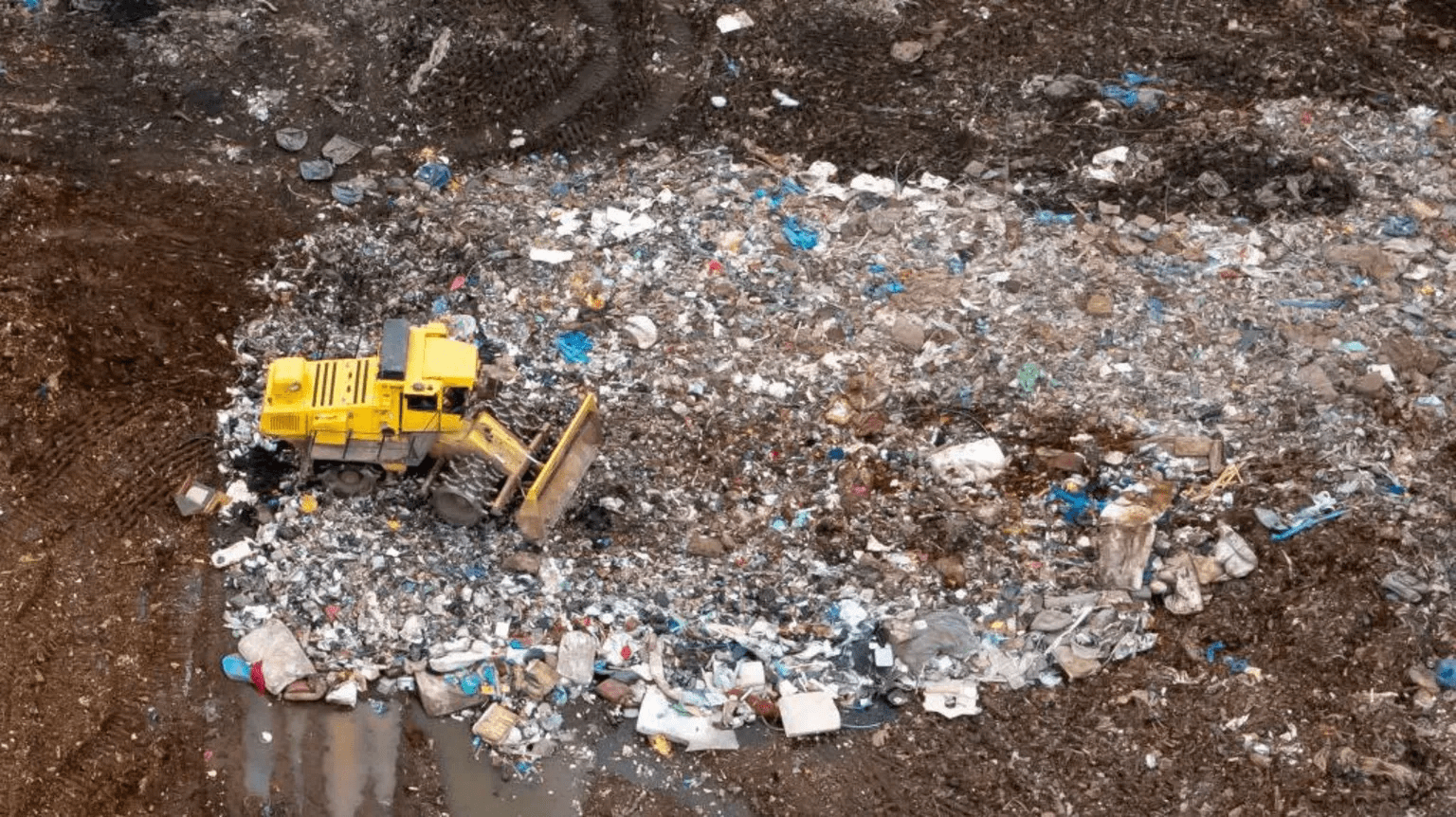On August 4, information emerged that James Howells had halted the operation to search for the hard drive with 7500 BTC. However, he denied the rumors and announced the release of a token that would secure his legal rights to the lost assets.
According to Howells, Ceiniog Coin (INI) will appear by the end of 2025. The total supply will be 800 billion coins, each linked to 1 satoshi (0.00000001 BTC).
"The goal is to create the Ceiniog ecosystem and launch a high-speed, scalable Web3 environment for payments with fast confirmation, secured by the Bitcoin blockchain and backed by 8000 BTC," Howells said in a comment to The Block.
In 2013, a Brit accidentally threw away a wallet with bitcoins worth $857 million at the current exchange rate, which he mined in the early 2010s. The device ended up in a landfill in Newport, Wales.

Since then, Howells has unsuccessfully tried to obtain permission for excavation, offered the city council $72 million, developed a plan using AI, and wanted to involve Boston Dynamics' robotic dogs in the search.
Local authorities denied him due to environmental and legal risks. Experts estimated Howells' chances of finding the hard drive at 0.00000011%.
However, this did not stop him — the man appealed to the High Court of the United Kingdom. It dismissed his claim against the Newport administration for £495 million, acknowledging that the disk belongs to them, but confirmed the Briton's right to digital assets.
In February, British authorities announced plans to seal the landfill. Howells expressed his readiness to purchase part of the land and continue the search, and in July made an official offer of $33-40 million. However, no response was received.
"I am no longer trying to buy the landfill, I am not dealing with excavation or land restoration issues, and I am ending all negotiations with the council and its representatives," he noted.
Let us remind you that in April, the American media company Lebul bought exclusive rights for the development and production of Howells' story.
